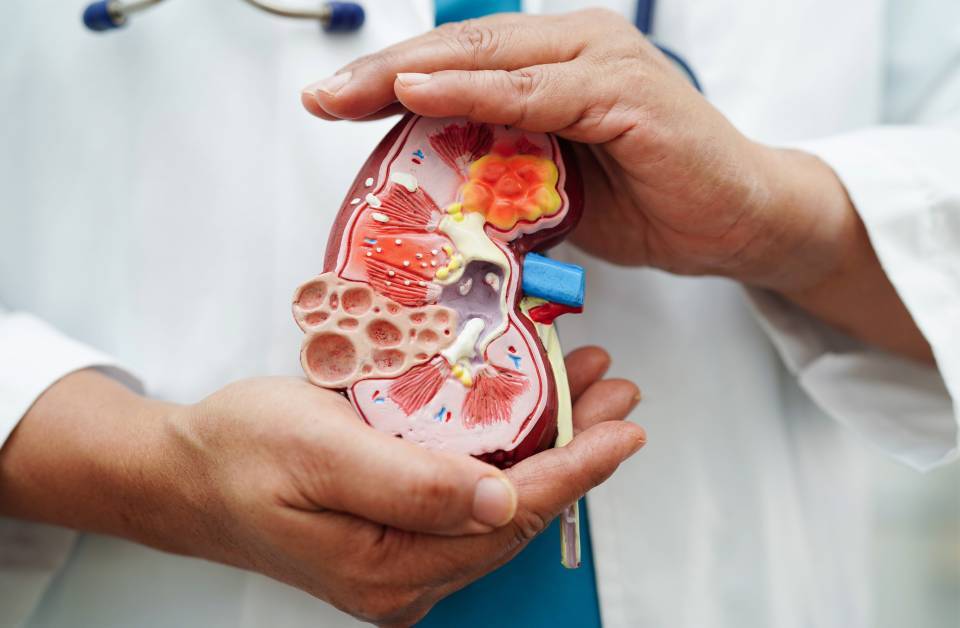In a study led by Dr Joaquim Raduà, head of the IDIBAPS Imaging of Mood- and Anxiety-Related Disorders (IMARD) group, 1000 adults representing the Spanish population were asked about the frequency of various behaviours and the intensity of their anxiety and depression symptoms every two weeks for a year. The results showed that following a healthy, balanced diet can prevent and reduce these symptoms.
The behaviours studied were: following a healthy and balanced diet; doing physical activity; practising a hobby; doing household chores; continuously reading the news and updates about COVID-19; spending time outdoors, engaging in relaxing activities such as listening to music or practising yoga; following a routine; talking to family and friends; interacting with other people in the home such as a partner or children; and drinking water regularly to stay hydrated. The study found that the most beneficial behaviour was following a balanced diet, which was clearly associated with decreased symptomatology.
It was observed that the more days a week participants ate a healthy, balanced diet, the less likely they were to develop symptoms of anxiety and depression. Furthermore, both types of symptoms receded earlier when this diet was followed. Other behaviours such as drinking water, doing physical exercise, spending time outdoors or engaging in relaxing activities also had a significant positive impact, although it was less intense than that of a healthy diet. There may be several mechanisms by which this type of diet could protect against symptoms of anxiety and depression, such as improving the brain’s nutritional supply or promoting a more stable gut microbiota.
A healthy, balanced diet contains mostly plant-based foods to ensure that the body gets enough vitamins, water and fibre. In order from most to least, the diet should contain vegetables, fruits, nuts, pulses, cereals, eggs, fish and meat. Processed products such as biscuits and cakes, pre-packaged juices, alcoholic beverages, sausages and ice cream, among others, should be avoided or limited as much as possible.
A balanced diet should contain carbohydrates as the main source of energy; proteins for the synthesis of enzymes, hormones and other components of the body; fibre to ensure good intestinal transit and bacterial flora; and fats. Fats are necessary for cell membrane synthesis, proper energy storage and maintaining body temperature. However, it is important to find a balance between caloric intake and expenditure. To avoid unhealthy weight gain, fat should not exceed 30% of total caloric intake. Furthermore, part of a healthy diet is keeping salt intake below 5 grams per day, and limiting sugar to 5% of total caloric intake.
Thus, it has been clearly observed that following and establishing a good diet as a habit can have important benefits on mental as well as physical health. It has positive systemic effects and therefore also improves brain functioning, reducing symptoms of anxiety and depression.




